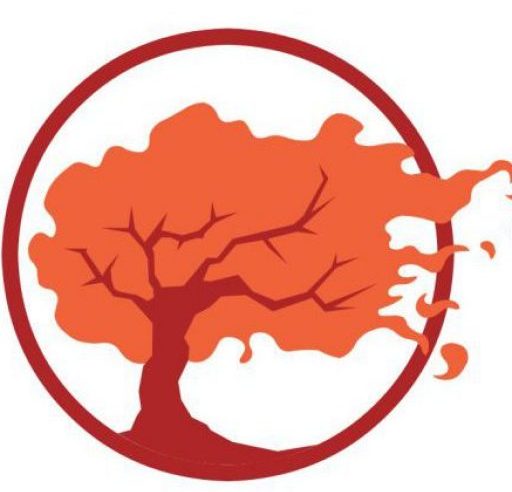July 16, 2007
First, please check out Ethelbert Miller’s site www.eethelbertmiller.com and you can also see my contribution to his E-Notes at www.eethelbertmiller1.blogspot.com — thanks!
Now, here is a different take on what we usually hear about the “unspeakable”, about unspeakable horrors, that cannot (must not?) be expressed in words. I was looking at a blurb on The Singular and the Other at the Limits of Language in the Apophatic Poetics of Edmond Jabes and Paul Celan by William Franke. What I am familiar with is in tune with what Franke says “…the biblical interdiction on representations of the divine, denounced as idolatrous (“graven images”), gave Jewish tradition a peculiar attunement to the limits of representation….the Holocaust experience has become recognized as a cultural code for the unspeakable….” [Is this true for all Holocausts, all genocide?]
But German writer Heinrich Boll said, “In the face of violence, it is insufficient to express one’s revulsion. Rather, it’s more important to counter the violence with the memory of sympathetic understanding that has its origin in words, since only words can take away the inexpressible aspect of horror.”
There are those who believe that words are a system of arbitrary signs (semiotics) from which the material reality of the things they refer to, may flee, that language refers only to itself; there are those who believe that words developed out of a complicated but very materially-based unfolding of history and of the development of the human being in work and in pain and in love; there are those for whom each letter possesses a numerical value, and, in the Hebrew system of Gematria, calculate the numerical equivalence of words and the interconnections between them, useful for the work of interpretation of Biblical texts and for arriving at mystical revelations of the Divine.
So, here’s the thing: I am figuring that most of the people who look at these postings are writers, or certainly pretty engaged in language. We work with language all the time, and often come from the deepest nonverbal levels to rise up into language. So, I ask you this, since the intuition of writers on language, the intimacy of writers with words and the process of making words zoom into many layers of meaning, is something extraordinary:
How do you think language works?
There is a wonderful old book called How Does A Poem Mean, by John Ciardi, so I ask you this—
How does a word mean?
How do words work?
What is your theory—not someone else’s, but yours, derived from your intuition and your love of language and your work of writing—about words, about language?
In other words, what the heck are words? Where do they come from? And why do they work and why do they fail?
I am particularly interested in this because I know, as I think all writers do, that there is a quite deep and not completely conscious place that we go when we are writing our best stuff, when we can do no wrong, when we are being given, granted, gifted, little miracles, milagritos, in the unfolding of our voice and work, riding that stream of language into the page.
And, I have started working on a book that gathers my material from my Writing for Social Change: Re-Dream a Just World Workshops, and in this writing I come to realize that part of the power of language is to build or to discover a road to the invisible, and to speak of it, bringing it into visibility. Something I believe is deeply political and profoundly useful in work to increase social justice.
What then is the relationship between writing for social justice and the concept of the Unpeakable?
I need to let people know who have inquired about doing writing for social change work online with me, that this is for now postponed. The book itself is what I must get done and get forward.
But I invite you to do this: if you are interested in my writing for social change material, please consider arranging a workshop for me in your area. This is powerful material that continues to inspire writing long after the workshop is over. (If you are interested in other workshops, please do inquire soon about those as well.) And if you would like to work with me for some individual feedback on your writing, and on how it might better fulfill your intentions to work for an increase in justice, please contact me at anya@anyaachtenberg.com
In the next posting I want to talk a bit about spider webs and the poetic and the narrative, the world wide web, perhaps the web of deception (o so tangled), hair, snakes, and the weather. You may think I am kidding, but like any writer worth her salt or her salary, I am planting the seeds for my own next assignment!
By the way, I just read a fantastic review of Taproot, the latest book of poetry by Indigo Moor, a participant at Cave Canem and a friend of mine, at http://thepedestalmagazine.com/Secure/Content/cb.asp?cbid=5157.
Send your comments and any questions about this post, or any other questions about the craft, concepts, and issues of writing, whether story or poem, fiction or nonfiction, to anya@anyaachtenberg.com
